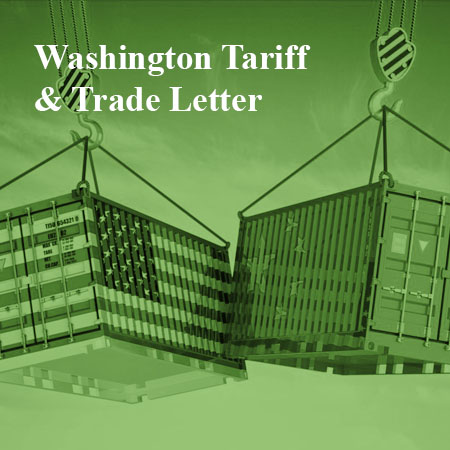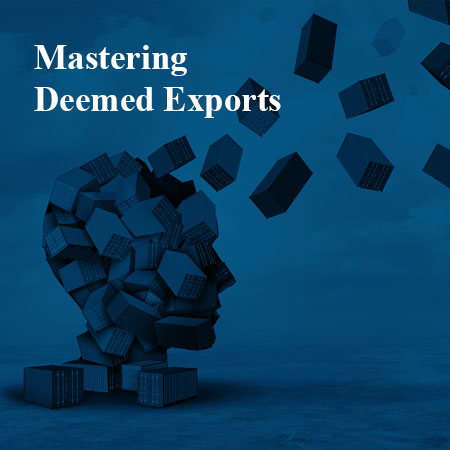Medical Device Requirements in Korea
May 7, 2013
(ITA)
The Department of Commerce’s International Trade Administration (ITA) helped
U.S. medical device manufacturers overcome a Korean regulatory trade barrier
that imposed onerous registration requirements on U.S. medical devices.
Why it matters
Without ITA’s assistance, U.S. companies with global supply chains would have
been forced to register products by country of origin. This would have put them
at a disadvantage compared to their domestic competition and prevented them from
accessing Korea’s multi-billion dollar medical device market.
Problem
In 2009, South Korea’s Food and Drug Administration (KFDA) implemented
regulations that required companies to register their goods by country of origin
as a means of receiving approval. This resulted in costly redundancies as many
U.S. companies with shifting global supply chains and were required to repeat
the registration process if they relocated their production to a different
country. As we noted previously, this put them at a severe disadvantage
vis-à-vis Korean firms. Korea’s actions raised concerns under the World Trade
Organization’s Technical Barriers to Trade Agreement, which requires that such
regulations not be unnecessarily trade restrictive. AdvaMed, an association
representing U.S. medical device companies, contacted ITA for assistance after
it failed to receive a response from KFDA.
Solution
ITA, working closely with other U.S. Government agencies and AdvaMed, raised
industry’s concerns with KFDA and successfully persuaded it to revise the
relevant implementing regulations. Foreign medical device manufacturers and
importers no longer need to re-register their products if they choose to
relocate their production to another country.
Working closely with U.S. companies, ITA creates, expands and defends market
access for U.S. goods and services overseas through the Trade Agreements
Compliance Program. “We promote policy that develops a more favorable business
climate for U.S. companies in global markets; we employ commercial diplomacy to
resolve trade barriers; and we leverage our bilateral and multilateral trade
agreements to ensure our trading partners live up to their commitments so that
our businesses can compete on a level-playing field.” - Assistant Secretary for
Market Access and Compliance, Michael C. Camuñez.
Welcome to the Exporting Source
Your one-stop resource for finding help to export to new customers, to learn about government export programs, to join export-promoting trade missions, to sign up for trade conferences and training, and to link to other exporting services. Whether you're an old hand at exporting or just getting started, the Exporting Source provides a place to locate foreign customers, export financing and foreign investment assistance.

The Export Practitioner
Providing readers with expert reports on changes to U.S. export licensing rules, enforcement policies and regulations for defense and dual-use products and technology.

Washington Tariff & Trade Letter
Providing exclusive, behind-the-scenes news and analysis every week of U.S. trade policies, regulations and legislation, export controls, trade sanctions, and enforcement of antidumping and countervailing duty laws.

Mastering Deemed Exports
An invaluable video training tool that helps exporters, universities and research laboratories alert all employees to the potential fines and legal sanctions that can come from violating EAR and ITAR restrictions on giving certain foreign nationals access to controlled U.S. technology.